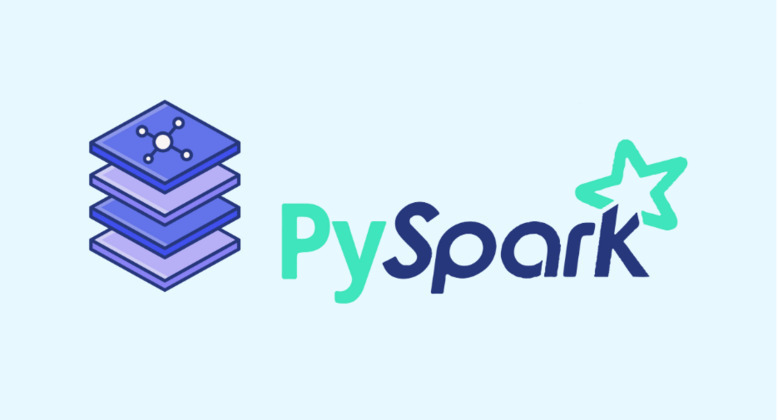Artificial Intelligence (AI) isn’t just for tech giants anymore. Startups of all sizes can use it to streamline operations, innovate faster, and grow smarter. But let’s be real—if you’re a founder juggling a hundred things, diving into AI might seem overwhelming. That’s why this guide is here: to break it down into simple, actionable steps that any startup can follow.
Why Should Startups Care About AI?
AI isn’t just shiny tech—it’s a tool that can:
- Save you time by automating repetitive tasks.
- Help you make better decisions with data-driven insights.
- Give your customers tailored, personalized experiences.
- Keep you ahead of the competition by fueling faster innovation.
The best part? Many AI tools are free or budget-friendly, making them accessible even if you’re working on a shoestring budget.
Step 1: Pinpoint a Problem to Solve
AI isn’t a one-size-fits-all magic wand. To make it work, you need to start with a specific challenge. Ask yourself:
- Customer Service: Can chatbots handle FAQs or gauge customer sentiment?
- Operations: Could AI improve inventory management or streamline supply chains?
- Product: Can recommendations or personalization make the user experience better?
Example: If you’re running a food delivery startup, you could use AI to predict delivery times or suggest dishes based on customer preferences.
Step 2: Check Your Data
AI runs on data, so ask these key questions:
- Do you have enough data to work with?
- Is your data structured (like spreadsheets) or unstructured (like videos or images)?
- Are you following privacy laws like GDPR or CCPA when collecting data?
Quick Tip: If you don’t have much data, start small. Use pre-trained models or look for datasets on platforms like Kaggle or Hugging Face.
Step 3: Start Simple with Easy-to-Use AI Tools
Good news: You don’t need a team of data scientists to get started. Try these beginner-friendly tools:
- For Chatbots and Language Tasks: Dialogflow or Rasa.
- For Image Recognition: Teachable Machine (you can train a model in minutes).
- For General AI: Platforms like TensorFlow Lite or AutoML.
Here’s a quick code example using Python’s scikit-learn to build a predictive model:
python
from sklearn.linear_model import LinearRegression
from sklearn.model_selection import train_test_split
import numpy as np
X = np.array([[1], [2], [3], [4], [5]])
y = np.array([2, 4, 6, 8, 10])
X_train, X_test, y_train, y_test = train_test_split(X, y, test_size=0.2, random_state=42)
model = LinearRegression()
model.fit(X_train, y_train)
predictions = model.predict(X_test)
print("Predictions:", predictions)
Step 4: Bring in Experts When Needed
If your project is too complex to handle alone, consider:
- Freelancers: Hire experts for specific tasks on platforms like Upwork.
- AI as a Service: Providers like Google AI, AWS AI, and Azure can handle heavy lifting for you.
- Communities: Join open-source groups to learn best practices and find support.
Step 5: Iterate, Optimize, Repeat
AI isn’t a set-it-and-forget-it deal. Once you deploy a solution, keep improving it:
- Track your progress using metrics like accuracy or cost savings.
- Gather feedback from your team and customers.
- Update models as your business grows or changes.
Watch Out for These Common Mistakes
- Overhyping AI: AI isn’t a magic bullet; it works best as part of a larger strategy.
- Ignoring User Experience: Keep your solutions simple and intuitive.
- Overlooking Ethics: Regularly audit your AI systems to avoid biases.
- Underestimating Costs: While many tools are affordable, infrastructure and training can add up.
Real-World Wins with AI
- Grammarly: Uses AI to help users write better.
- Zest AI: Streamlines loan decisions, making them faster and fairer.
- Notion: Incorporates AI to simplify workflows for individuals and teams.
The Future of AI in Startups
AI is no longer optional—it’s becoming essential for startups to stay competitive. With tools like AutoGPT and Foundation Models, even non-tech founders can build incredible AI-powered applications.
Whether you’re looking to automate operations, delight customers with personalization, or make smarter decisions, AI can be a game-changer.
Are you ready to take the plunge? Start small, stay focused, and watch your startup thrive with AI.
Got questions or success stories? Share them in the comments below—we’d love to hear from you!



